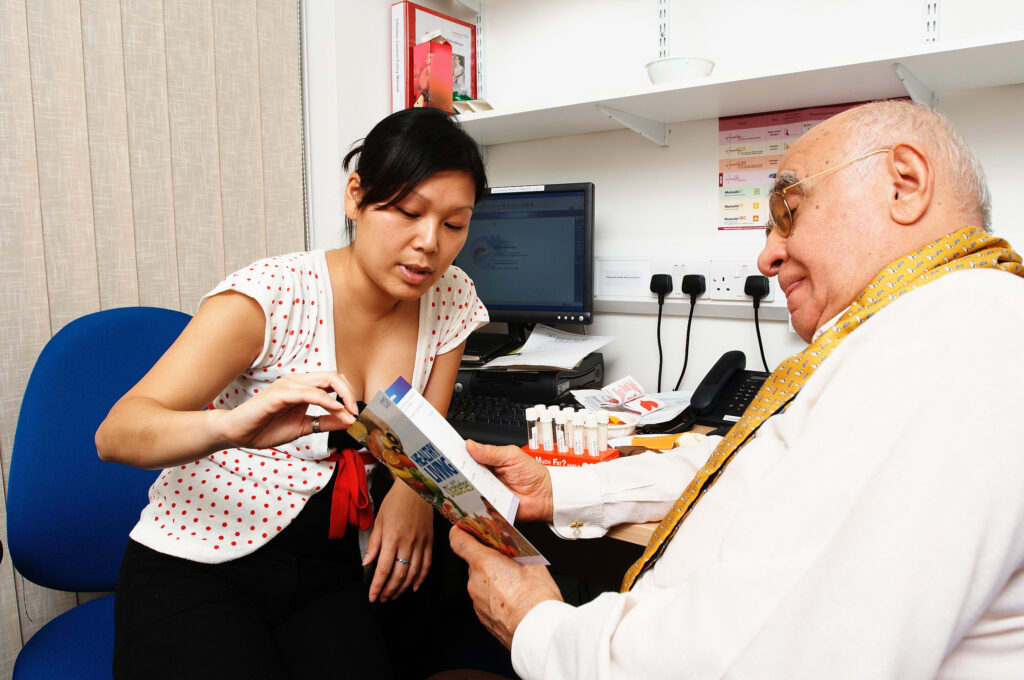Reducing the burden of disease
Posts relating to PHE Priority 2: Reducing the burden of disease
The NHS Five Year Forward View states that a ‘radical upgrade’ in prevention and public health is required to avoid spending billions of pounds in the future on avoidable illness. We all know that the NHS is facing a significant …
As budgets continue to tighten across the NHS and local government, it’s vital that we make the case for investment in prevention and early intervention. In my second blog in this four-part series, I argued that public health and prevention …
In the first blog of this series I explained why it is so important that we make the case for investment in preventive activity, as highlighted in the NHS Five Year Forward View. If we are to ‘get serious’ about …
This is the first in a series of four blogs, by PHE Chief Economist Brian Ferguson, looking at health economics and the case for investing in prevention initiatives: I've recently been running a series of workshops here at PHE to …
"When people are unemployed, people can just assume that they are unemployable, and that is not ever the case. We take people onto a work placement and they do deliver for us an element of work. We do want to …
This week London celebrates Lesbian, Gay, Bisexual and Trans Pride, and across the country we’ll see Pride marches and celebrations that bring together LGB&T communities, their friends, families and allies. Pride marches are often a contentious subject and there are …
Partnership working is a critical tool to addressing health inequalities - the causes of the deep-seated inequalities we have as a nation cannot be addressed by any one agency working alone. Different skills, different relationships and different approaches need to …
We are fortunate to have a number of data sources that allow us to track changes in the care and outcomes for people with diabetes and identify local variation across England. These include the National Diabetes Audit which provides an …
Smoking is the biggest cause of preventable death in England. It is estimated that in 2013, 79,900 deaths in adults aged 35 and over were caused by smoking, this equates to 17% of all deaths in this age group. Data …
Improving the health of our most vulnerable families is one of the most complex, but potentially rewarding challenges we face. However, it cannot be tackled in isolation. It requires services to be joined up around the family, intervening at an …










